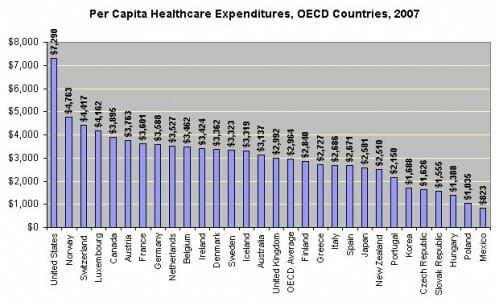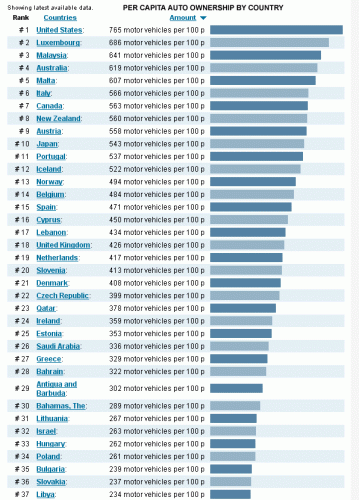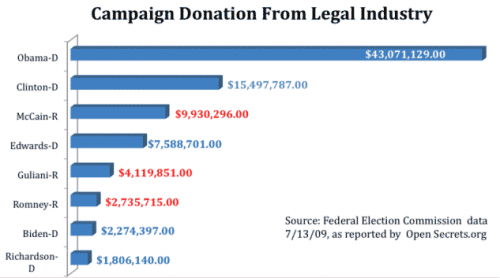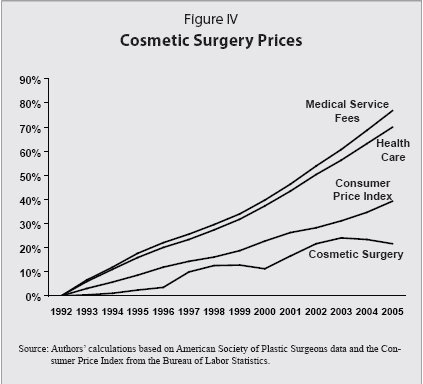Totally Inconsistent
Two excerpts from Obama's speech:
That's why under my plan, individuals will be required to carry basic health insurance "“ just as most states require you to carry auto insurance.
Oh, jeez, I sure wish that were true. Auto insurance covers only catastrophic damages, such as totaling your car or incurring serious liability by hurting someone. It does not cover regular repairs, preventative maintenance, etc. Also, state-mandated auto insurance has a range of coverage caps -- if you want a higher cap, you can pay for it. No one expects their company to pay their auto insurance, and if a company were to provide it it would be considered a taxable benefit. Compared to our current health insurance system, auto insurance-like health insurance would be a brilliant improvement. Despite his making this analogy, this is absolutely NOT what he is suggesting. Also from his speech:
Under this plan, it will be against the law for insurance companies to deny you coverage because of a pre-existing condition. As soon as I sign this bill, it will be against the law for insurance companies to drop your coverage when you get sick or water it down when you need it most. They will no longer be able to place some arbitrary cap on the amount of coverage you can receive in a given year or a lifetime. We will place a limit on how much you can be charged for out-of-pocket expenses, because in the United States of America, no one should go broke because they get sick. And insurance companies will be required to cover, with no extra charge, routine checkups and preventive care, like mammograms and colonoscopies
Update: OK, here is another good pairing, from the same source -- first, he says that a public option will not be subsidized:
They argue that these private companies can't fairly compete with the government. And they'd be right if taxpayers were subsidizing this public insurance option. But they won't be. I have insisted that like any private insurance company, the public insurance option would have to be self-sufficient and rely on the premiums it collects.
But then he makes this comparison:
It would also keep pressure on private insurers to keep their policies affordable and treat their customers better, the same way public colleges and universities provide additional choice and competition to students without in any way inhibiting a vibrant system of private colleges and universities.
See? The public option will not be subsidized and will work just like public universities which are highly subsidized.
By the way, it is almost impossible for government NOT to subsidize such an entity, in part because of the way government accounting differs from private accounting. Government accounting is on a cash basis, so large up front investments show as a first year loss with no future expense implications. In operation, it means capital spending is pretty much free. And numerous charges that private firms take on, such as liability insurance, are not charged for on government books. I compete with the government a lot, and have investigated this dynamic in depth. Even why my costs are lower, the government, because of the way it accounts for things, often thinks its costs are much lower than mine and they under-price us.




